Umno’s impressive 3,372 majority victory (or 22 percent of voters who cast their ballots) in the rural Kelantan state constituency of Nenggiri showcases that the party remains an electoral force.
As in the Malacca and Johor state elections of 2021 and 2022, a strategic campaign yielded results, especially when its opponent PAS was complacent.
Unlike in recent state and by-elections when Umno’s traditional base stayed home or even voted for PAS, in this election they returned to the Umno fold.
Fielding a younger candidate showcasing generational renewal, Umno was able to make significant inroads among younger voters.
A focus on the promise of development proved more persuasive than appeals to identity politics in a constituency where development concerns remain serious.
The campaign highlighted the weaknesses of Kelantan PAS in solving the everyday concerns of rural and poorer voters.
Drawing from an in-depth analysis of polling station results and interviews from the field, this piece looks at where the swings worked in Umno’s favour in the by-election and pulls out lessons from the campaign.
It builds on an earlier piece on recent voting trends in the constituency.
Turning out the vote
A critical factor in understanding the result is the significant increase in turnout. Not only was this a highly competitive election - a Kelantan election with choice - Umno worked to bring voters back to the polls.
The findings show that Malay turnout increased by an estimated 12 percent, and Orang Asli turnout increased even higher, by an estimated 18 percent.
Voters were incentivised to vote, with local appeals and more coordinated voter engagement. Umno’s campaign on the ground was more oiled and functioning than has been the case in recent elections.
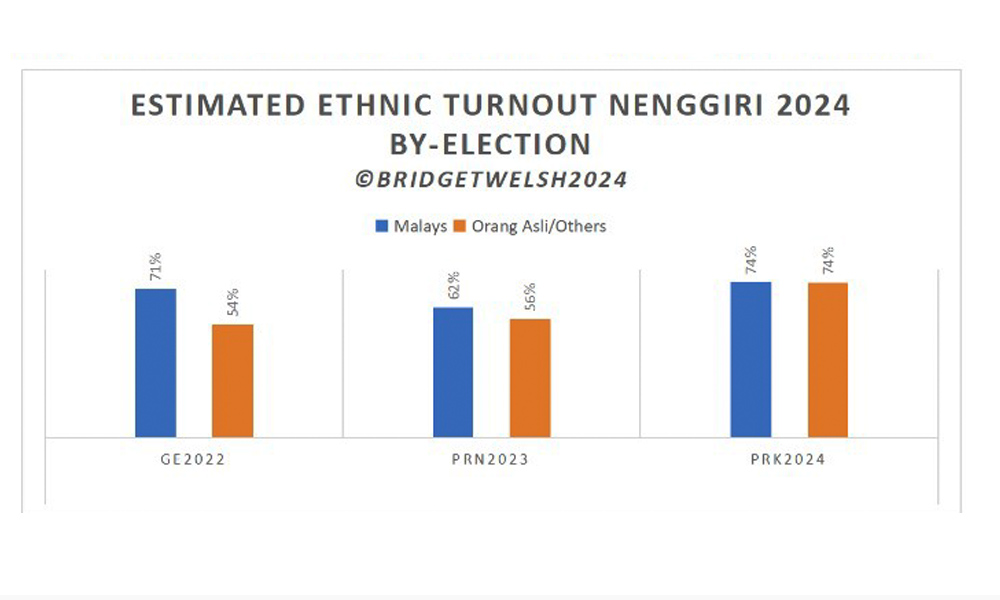
This effectiveness of voter engagement extended across different age cohorts. Turnout increased in every age group, with the most gains among older voters. To put this turnout in context, it was the highest in Nenggiri since the 15th general election.
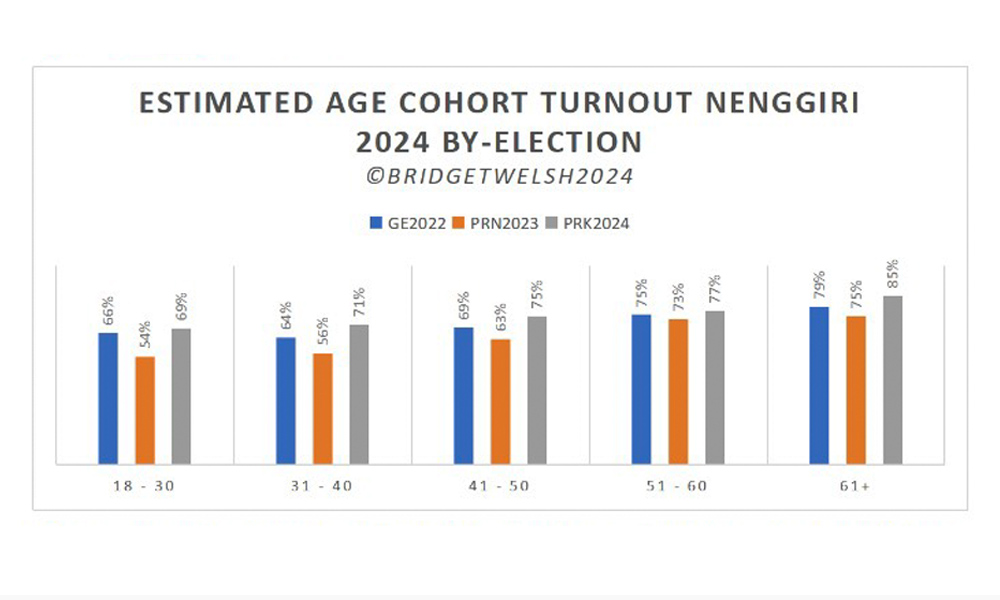
The leadership of Tengku Razaleigh Hamzah in the campaign was evident, with appeals to older voters, as was the fielding of a younger candidate.
On the ground, Umno Youth led in engagement, appealing to younger voters to vote using pragmatic messaging. What is important to appreciate is this campaign melded the old standing with the promise of new leadership, rather than focusing on party president Ahmad Zahid Hamidi.
A red swell: Youth swing
Two features are evident in voting support patterns in the by-election. The first is that younger voters moved away from PAS. In fact, the data shows that Umno made gains across all age cohorts.
Yet, the largest gain was with voters under 30, by an estimated increase of support of 21 percent. Given that these younger voters make up 38 percent of the electorate, this group was pivotal.
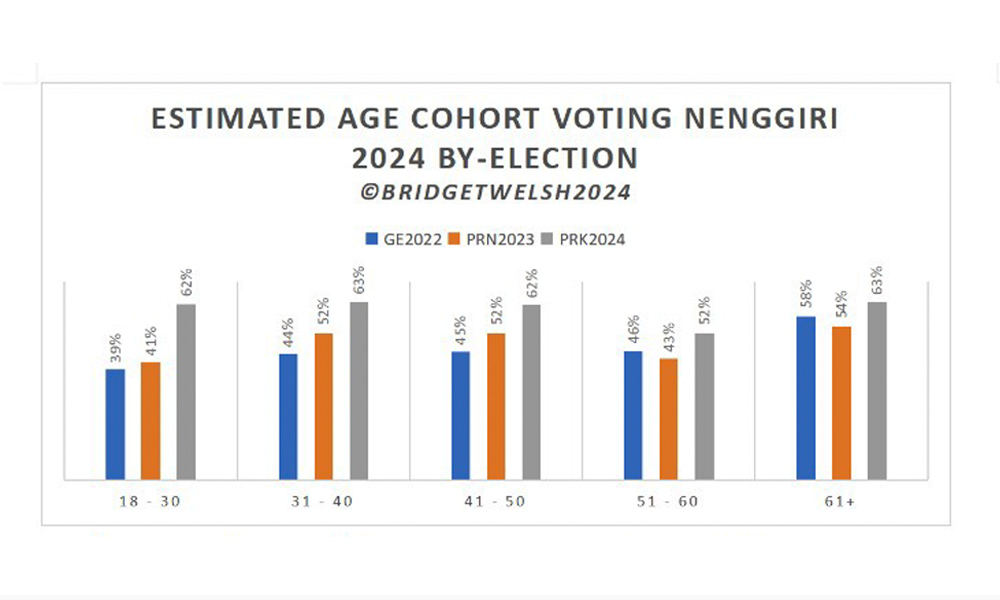
Part of this can be understood with long-standing youth dissatisfaction with PAS governance in Kelantan over issues such as jobs and development.
This has been featured in many elections, such as the 14th general election, where Umno did much better than in other states due to youth disappointment in Kelantan PAS’ governance. Youth dissatisfaction with PAS in Kelantan was evident again, especially as more of them came back to vote.
To put this figure in context, the youth vote for Umno in Nenggiri was on par with the youth vote for PAS in Kedah and Terengganu. In Nenggiri there was a “red swell” as youth moved to Umno.

This highlights that youth remain swing voters, not captured by any party, and that once again the “Green Wave” notion is overstated. PAS, in particular, cannot take youth support for granted.
Bringing the base back: Women return
A second trend that was evident in voting patterns is that Umno brought back its traditional political base - rural and poorer voters and women - while holding onto its core support among the Orang Asli communities.
A look at ethnic voting shows that the shifts in voting occurred among Malays, as Umno gained an estimated 16 percent among Malays. Orang Asli communities continued to emphatically reject PAS.
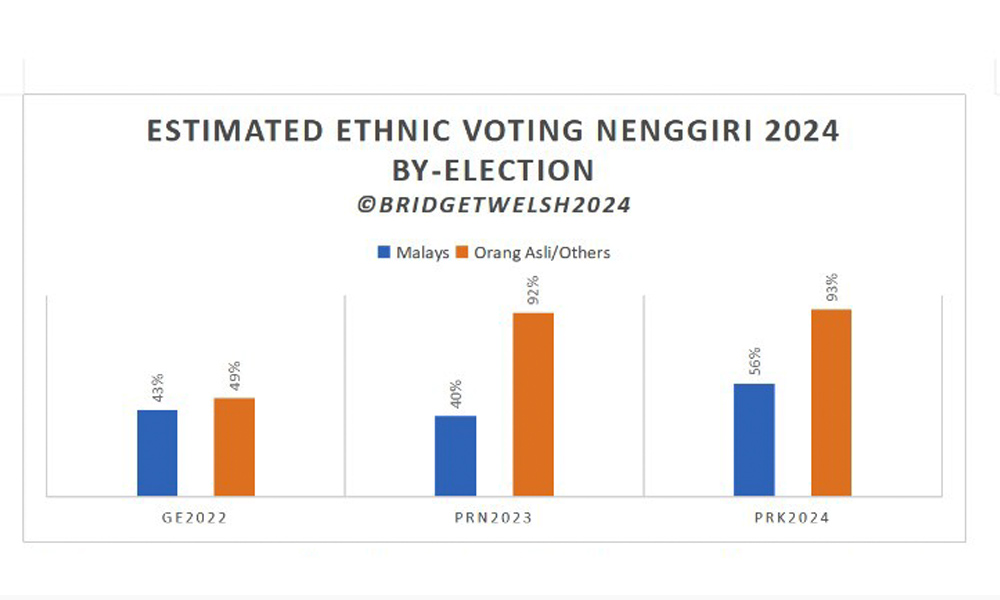
Umno also won among its traditional rural and economically disadvantaged supporters. Some of this is among Orang Asli as noted above as these communities face serious economic challenges, but the shift in support in this by-election came from rural poorer Malay votes.
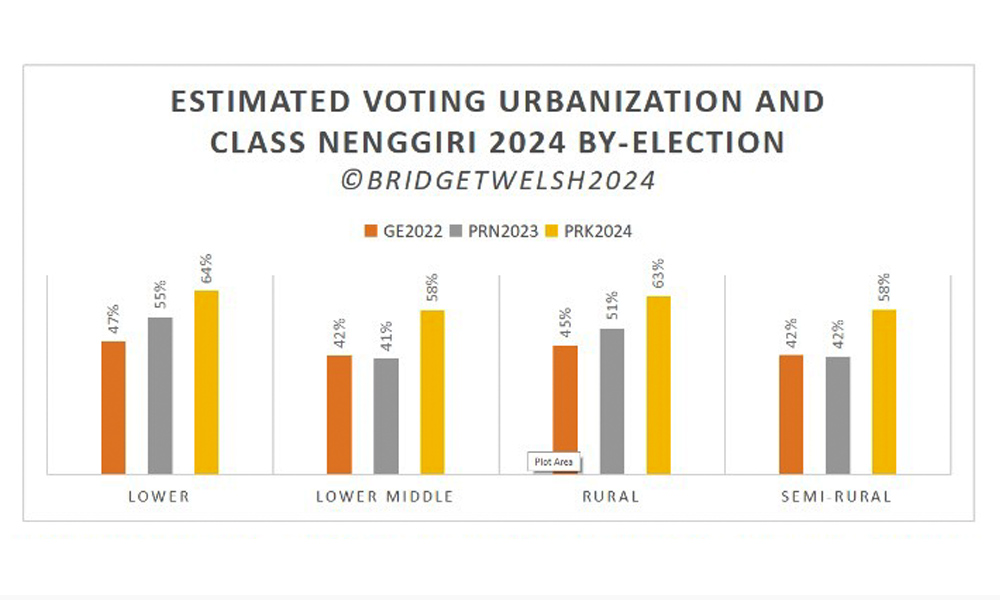
The numbers also show that Umno was able to win back significantly more women voters, well over the estimated 21 percent it won in the state election of 2023. In the by-election, female support for Umno more than doubled.
The driver of gains was economic vulnerabilities. Nenggiri is one of the most rural and poorest areas in the country.
Data from the Department of Statistics Malaysia (DOSM) shows that 39.4 percent incidence of poverty in the constituency, with a mean household income of only RM2,069, with household expenditure of RM1,892.
Rural areas continue to be comparatively left behind in Malaysian development, and the search for assistance and financial security remains strong.
This worked to Umno’s advantage in this by-election, with its campaign focus on local issues and livelihoods. It was not just about providing ATMs but also access to federal resources for funds. Pragmatism predominated.
Back to the Umno fold
The increase in turnout, and swings among youth, women, rural and economically disadvantaged votes paint a picture of promise for Umno. The party should be heartened by the result.
Questions surround the reasons for the outcome. Five Umno-centred explanations resonate. First, this campaign was not led by Zahid whose unpopular leadership is a push factor away from the party. Razaleigh’s role mattered as did the dynamism of the youth. Second, the party machinery was more activated and coordinated, as there was a re-engagement with the electorate.
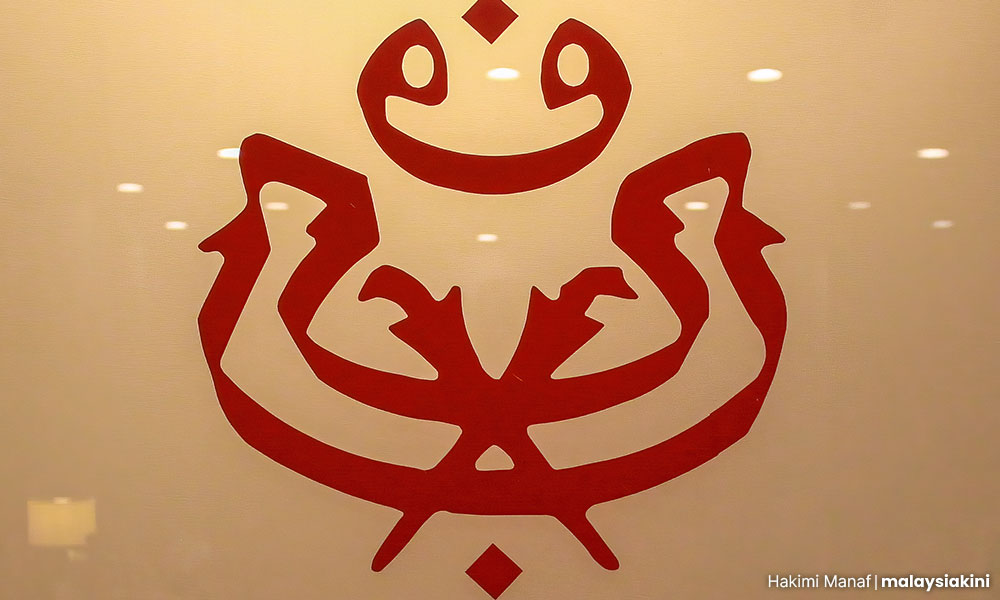
Third, Umno had more resources in the campaign compared to PAS. Fourth, the stakes of the election were higher for Umno, as a defeat here would have signalled even more of a collapse of the party electorally.
As in Malacca 2021 and Johor 2022, the election showed that when Umno makes changes in leadership, campaigns and candidates, it can win back votes.
Finally, and importantly, the party ran as Umno with access to the government, not actively promoting itself as (a secondary) part of the Madani government.
There was anti-DAP sentiment expressed in the campaign and the role of Madani allies and individuals was downplayed compared to other by-elections. Umno prominently showcased its own role, history and brand. As such, this was an Umno victory, not a Madani one.
On the part of Perikatan Nasional, the outcome for PAS and Bersatu did not have the same importance. The campaign on their part largely was riding on sentiment from the previous state polls.
Divisions within the PN coalition were evident. PAS suffered from the old Umno practice of taking voters for granted.
Kelantan PAS’ weakness in governance and in providing deliverables was on display. This is often the case in by-elections where economic goodies and concerns are highlighted, especially in poorer rural constituencies.
Nenggiri voting patterns show that voter loyalties remain fluid, especially among swing voters in recent elections – youth, women and economically vulnerable voters.
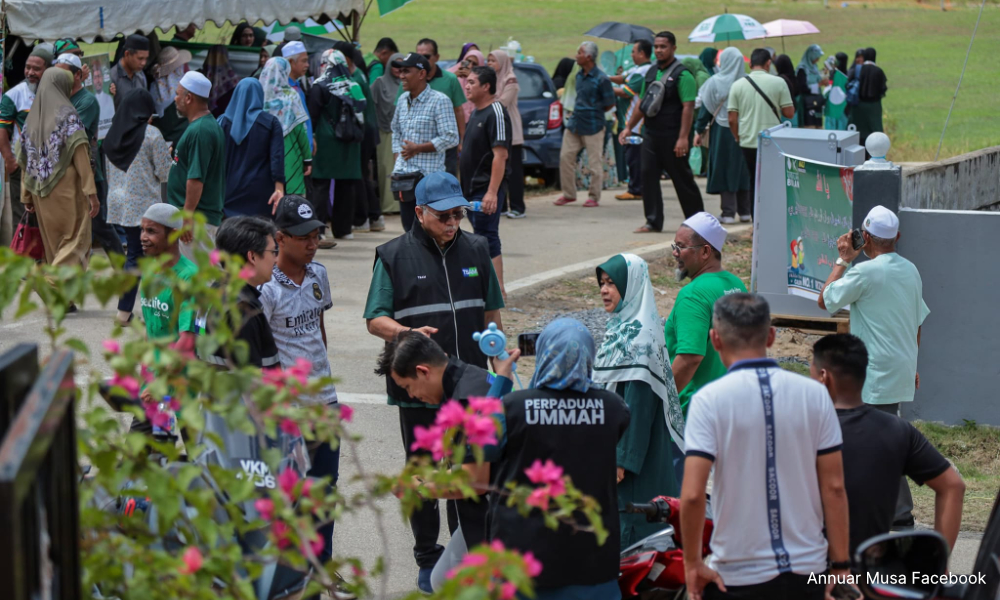
It is far too early to say that Umno is back electorally as a national force. By-elections results should not be over-interpreted.
Having said this, Nenggiri’s result reaffirms that Umno can mobilise its base with the right leadership and a coordinated campaign. It did so, however, by largely pushing its own party brand rather than that of the Madani government.
Moving forward, this is an issue that is likely to shape the party’s positioning with its current governing electoral allies.
For now, however, Nenggiri provides a salve for a party searching for electoral relevance, a needed Nenggiri balm. - Mkini
BRIDGET WELSH is an honourary research associate of the University of Nottingham’s Asia Research Institute, a senior research associate at Hu Fu Center for East Asia Democratic Studies, and a senior associate fellow at The Habibie Centre. Her writings can be found at bridgetwelsh.com.
The views expressed here are those of the author/contributor and do not necessarily represent the views of MMKtT.




No comments:
Post a Comment
Note: Only a member of this blog may post a comment.